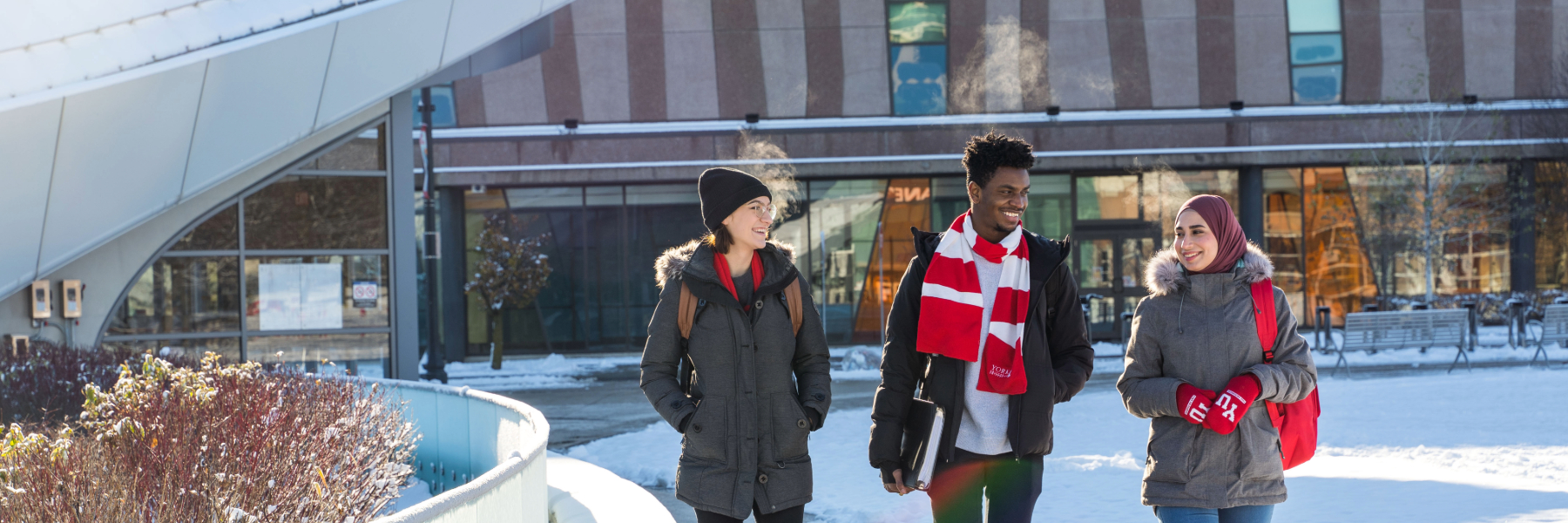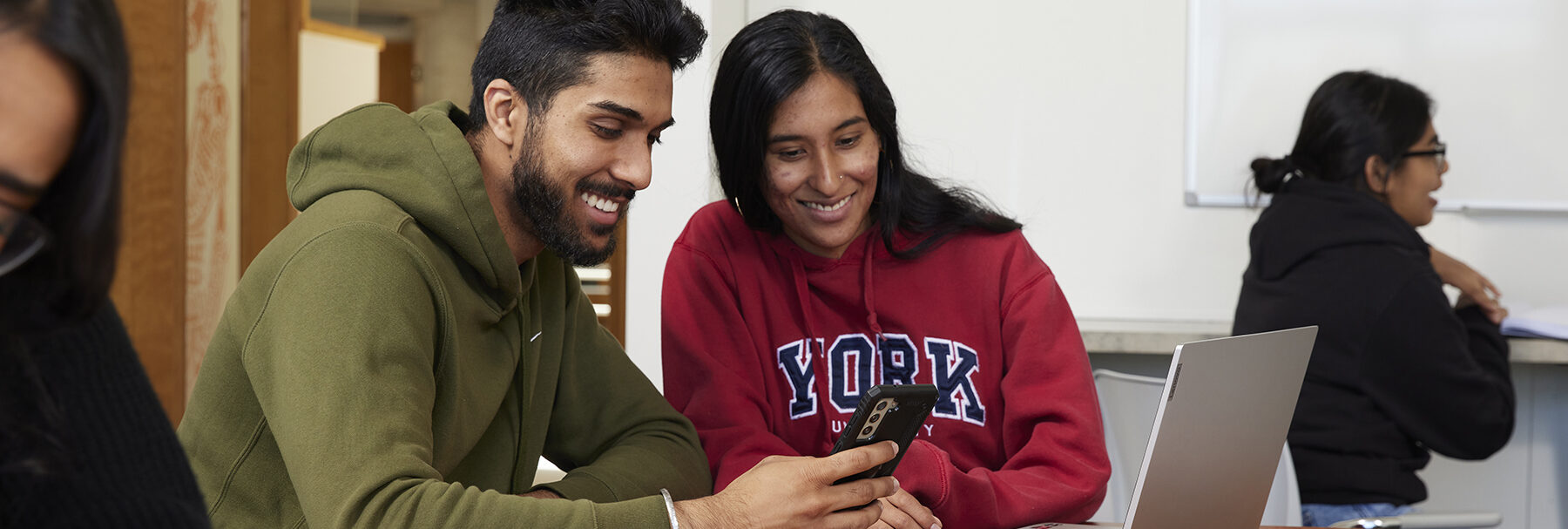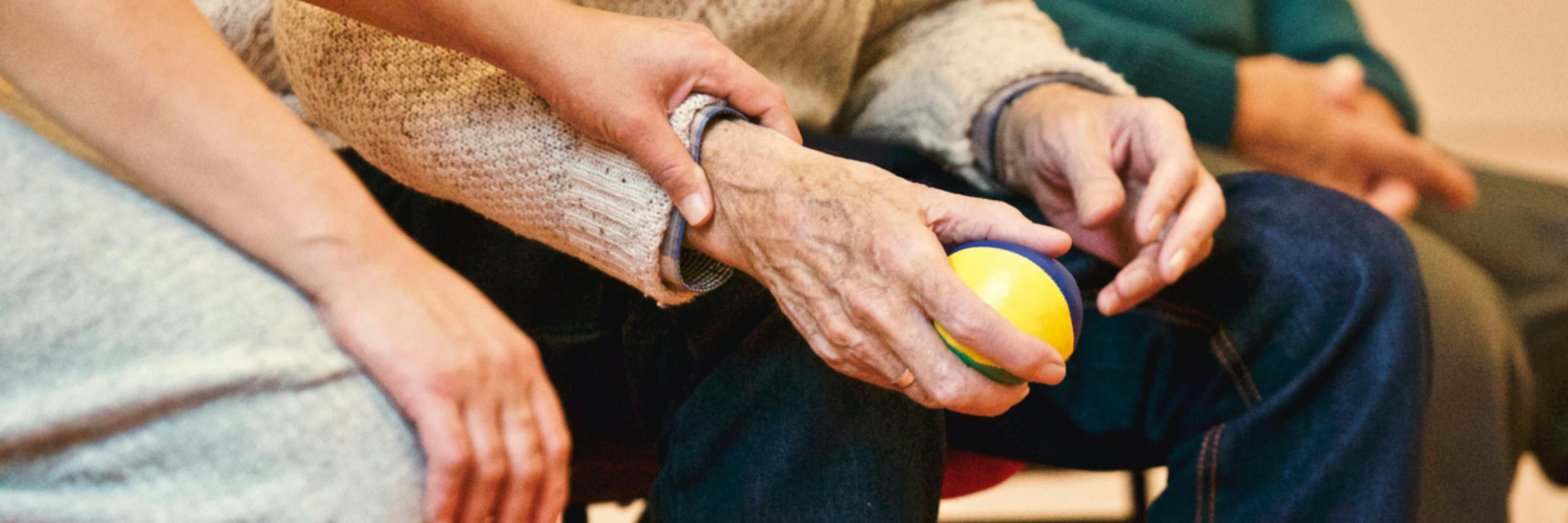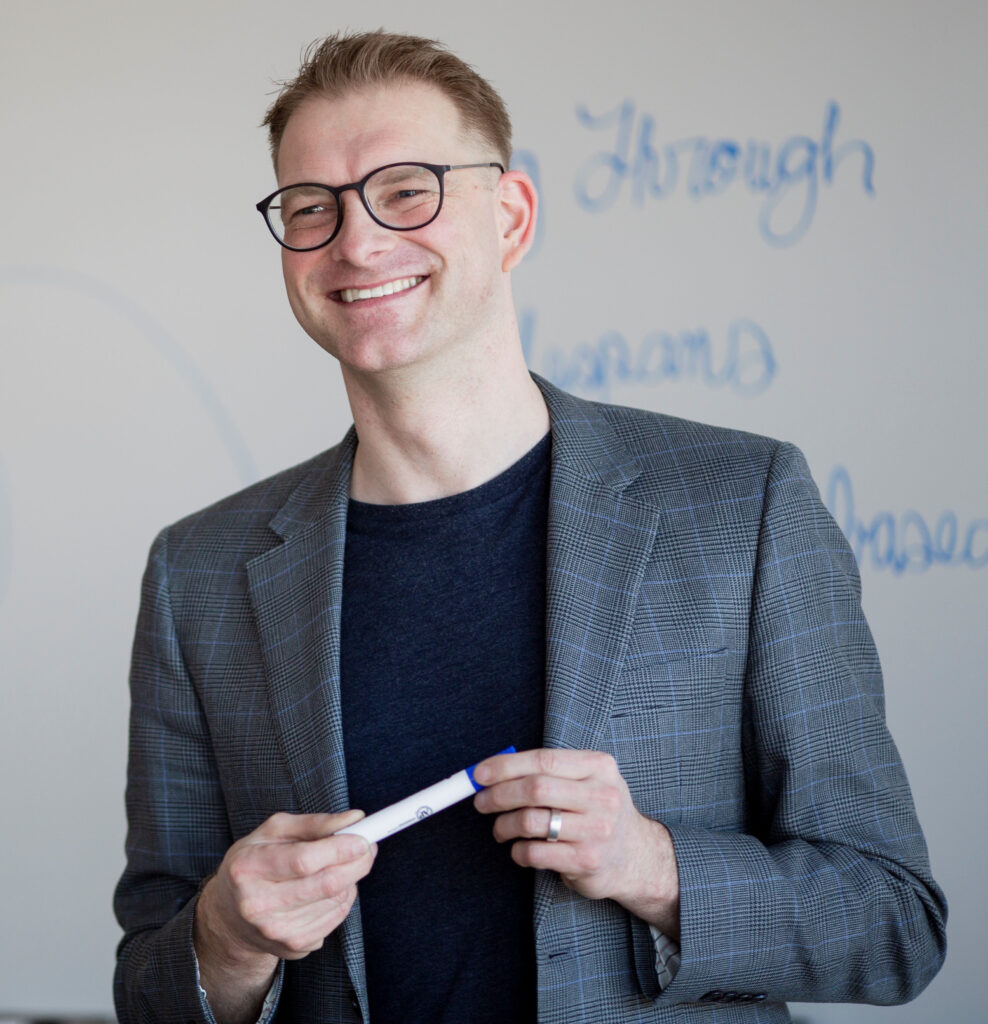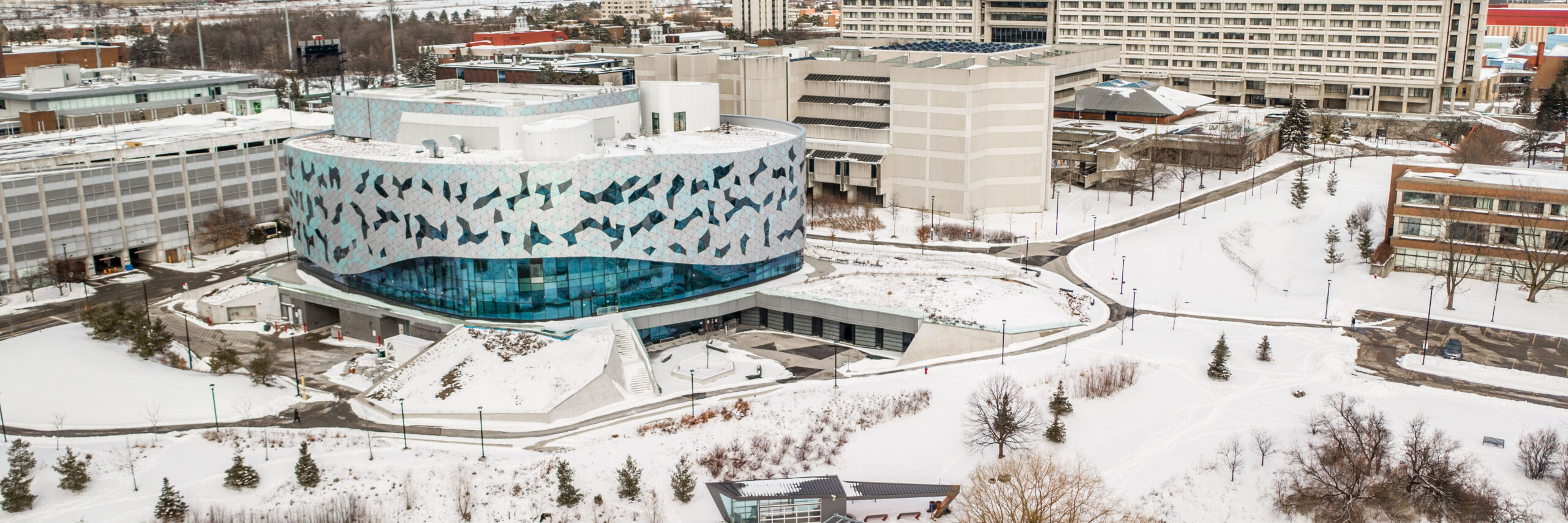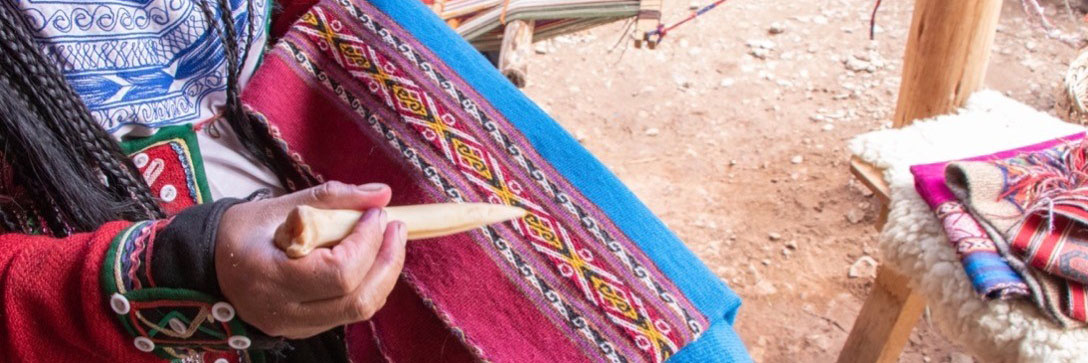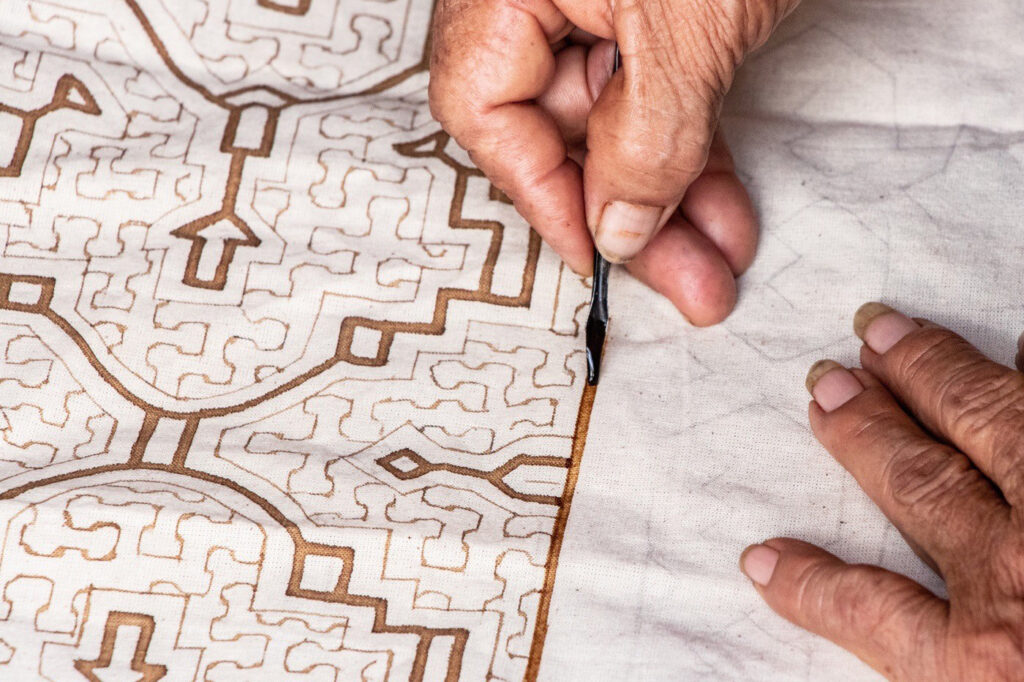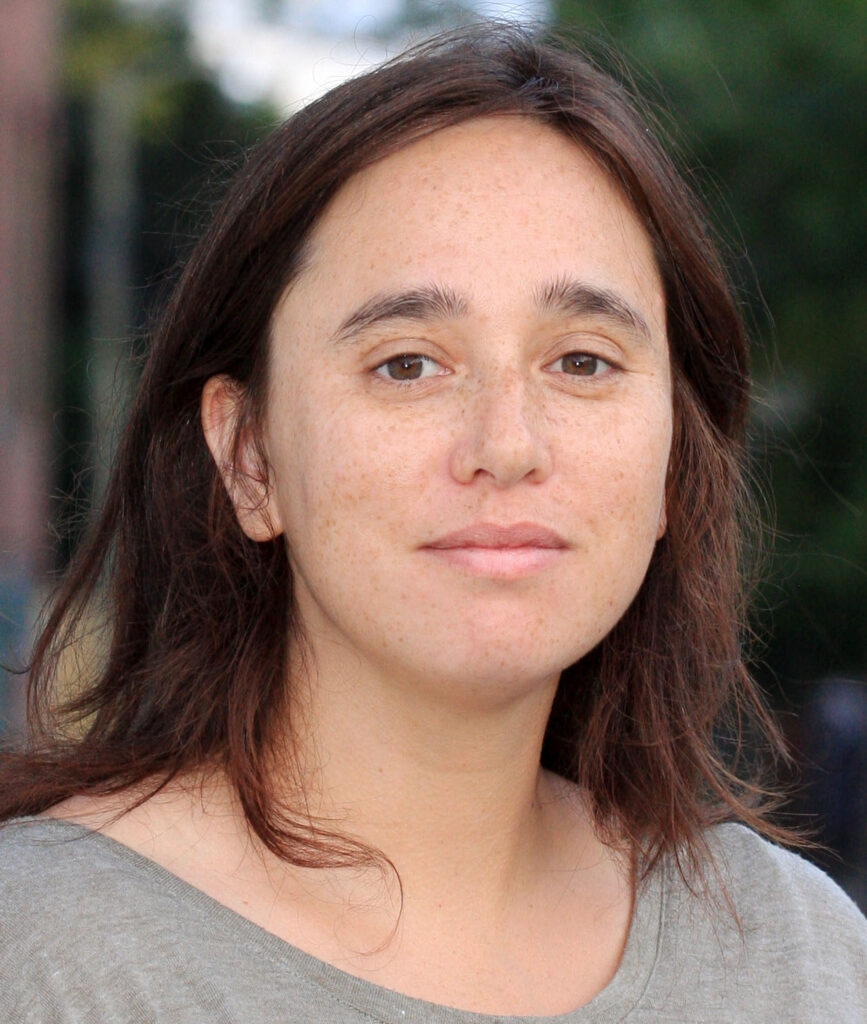Mark Gordon, a professor in the Earth & Space Science & Engineering Department at York University’s Lassonde School of Engineering, has dedicated the past five years to forest fieldwork to help create better air quality models that detect the detrimental impact pollutants may have on the environment.

In the summer of 2023, Toronto was briefly covered in a thick blanket of smoke due to pollution from wildfires in Quebec – causing the bustling city to have some of the worst air quality in the world. During that time, air quality models served as a crucial tool, helping people understand potentially harmful atmospheric conditions and adopt safety measures in the face of potential risks.
The experience served as a demonstration of how important air quality models – which some may have been unaware of until now – can be.
“Air quality models work in the same way weather models do,” says Gordon. “Just like a weather model can tell you when it is going to rain, these models allow us to understand air quality and inform necessary action.” Beyond this, air quality models are used to help control air pollution and monitor the impact of pollutants on natural ecosystems like grasslands and forests.
Gordon’s work looks to further the significance of air quality models by improving their accuracy to reflect real atmospheric conditions as closely as possible. “Getting air quality models right is crucial,” says Gordon. “Accurate models can help predict many things, like how pollutants from a newly implemented industrial site might impact nearby communities.”
To achieve this, physical and chemical properties and processes of various pollutants in the atmosphere need to be first measured and analyzed. Then, mathematical and numerical techniques are used to simulate the collected data and create or improve air quality models.
In a recently concluded project funded by Environment and Climate Change Canada, Gordon has looked to do just that.
He and his graduate students Kaiti (Timothy) Jiang, Xuanyi Zhang and Dane Blanchard measured pollutant emissions – emphasizing those with greatest impact on climate, vegetation and natural ecosystems – from the Athabasca oil sands region in northern Alberta to examine how pollutants interact with the nearby boreal forest. Measurements were also compared with values used in existing air quality models to validate their accuracy.
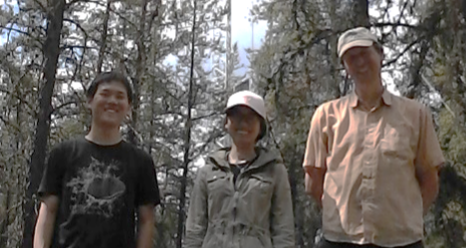
A 100-foot retractable tower, the York Athabasca Jack Pine tower, was erected in the boreal forest, equipped with tools to measure the concentration of the pollutants and used to examine their activity as well as their physical and chemical properties. In particular, the team looked to investigate how fast the surrounding forest takes the pollutants out of the air.
After five years of fieldwork in a remote forest, countless hours of research and a few encounters with bears, Gordon and his research team published three unique papers, each focused on one of the three distinct and harmful pollutants: aerosols, sulfur dioxide and ozone.
The trilogy of investigations resulted in insights that can help improve the accuracy of existing air quality models and support further studies. The goal is that in others drawing on Gordon and his team’s information and air quality model algorithms, inaccuracies of current air quality models can be corrected to reflect real-world conditions and establish more precise models.



